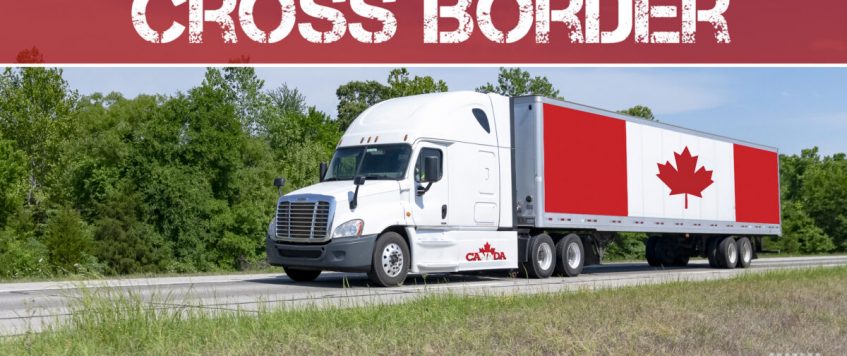-
11
Jun
Canadian Border Workers’ Strike Delayed, Shippers Urged to Prepare
Plans for a possible strike by Canadian customs and border workers have been delayed, granting North American shippers more time to prepare for a potential disruption that could significantly slow freight shipments later this week, especially at truck border crossings.
If the strike by over 9,000 workers employed by the Canadian Border Services Agency (CBSA) proceeds, shippers could face delays of up to four to five hours at border crossing points. This projection is based on the 2021 strike by Canada’s Customs and Immigration Union (CIU), according to Mike Burkhardt, Vice President of North American Surface Transportation for C.H. Robinson Worldwide, as reported to the Journal of Commerce. The August 2021 strike lasted two days.
As the strike deadline approached last Friday, the CIU agreed to extend mediated contract talks through Wednesday. Mark Weber, CIU National President, expressed optimism, saying, “I’m hopeful we can reach a deal and avoid disruptions at Canada’s borders.”
The Canadian government echoed this sentiment, describing the discussions with the CIU as productive. “We remain committed to reaching an agreement that is fair and reasonable for members of the Border Services Group as quickly as possible,” the government stated.
Despite these developments, the threat of a strike later this week remains. Shippers are advised to implement contingency plans. “Stock up on critical inventory,” Burkhardt recommended. “Consider routing freight away from the busier crossings like Windsor and avoid peak times.”
Burkhardt also suggested switching less time-sensitive cross-border truck freight to rail and arranging air shipping options for high-value and urgent freight. “It’s better to be prepared than to start scoping out your alternatives only after a strike starts,” he said.
The threat of a strike comes amid increasing US-Canada cross-border trade, with the number of trucks entering the US from Canada rising 5.2% year-over-year in the first quarter, according to the US Bureau of Transportation Statistics.
Truck border crossings pose the biggest threat of disruption, Burkhardt noted. “Ocean, air, and rail cargo would be less affected by a strike because the majority of those transactions are handled electronically,” he explained. However, ocean, air, or rail shipments flagged for inspection could experience delays. “A percentage of shipments are automatically flagged for spot checks,” Burkhardt said, noting that inspections during a strike could become more unpredictable.
A strike wouldn’t shut down the border entirely, as up to 90% of unionized CBSA workers are considered essential and would be required to stay on the job. However, these essential employees could adopt a “work to rule” approach, slowing freight clearance. Border agents could scrutinize customs invoices, bills of lading, question drivers about their stay in Canada, and order cargo to be offloaded for inspection.
The 2021 strike caused significant disruptions, particularly in industries such as automotive manufacturing, which often sends components back and forth across the US-Canada border. Shippers reportedly rushed some freight to the US-Canada border last week, as the initial Friday deadline for a strike approached, causing slowdowns in bridge and tunnel traffic in Detroit, the largest US-Canada border crossing.
With the potential for significant delays looming, shippers must take proactive measures to mitigate the impact of a possible strike, ensuring the continuity of their supply chains.

